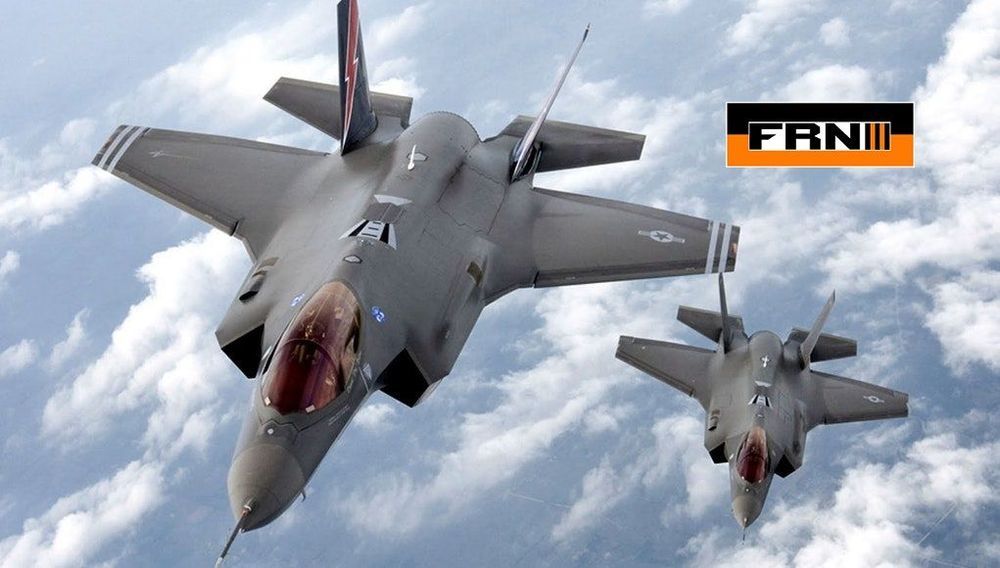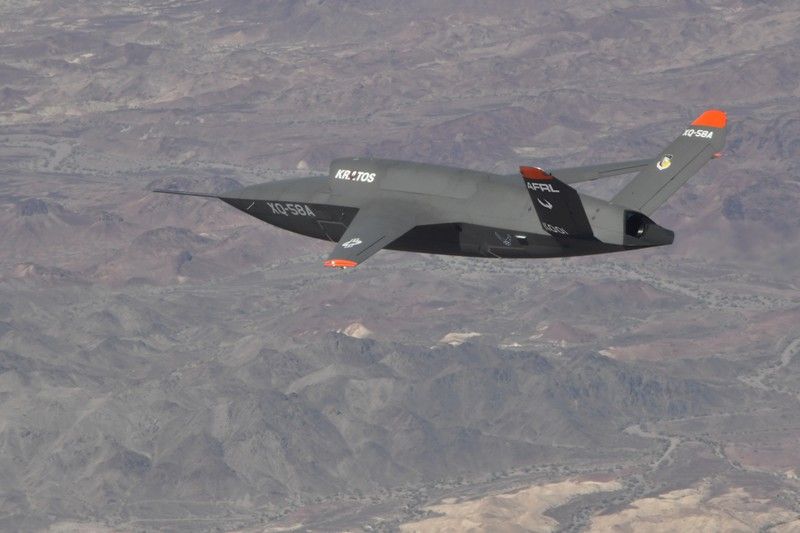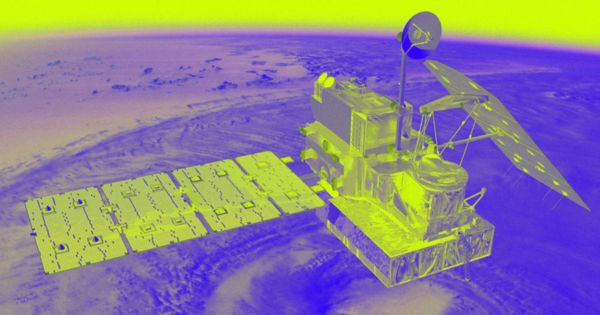Northrop Grumman was awarded a $13 million contract from the U.S. Defense Advanced Research Projects Agency (DARPA) for the Glide Breaker program. The contract provides for the research, development, and demonstration of a technology that is critical for enabling an advanced interceptor capable of engaging maneuvering hypersonic threats in the upper atmosphere.
The U.S. is bolstering its investment in hypersonic weapons, and all the major services are participating in various development programs in conjunction with DARPA. The additional objective is protecting against hypersonic weapons other countries are developing.
The Glide Breaker program was launched in 2018 as part of this hypersonic missile defense effort. This particular project is intended to defend against boost glide vehicles, which are glide bodies lofted into the atmosphere on a ballistic missile. The glide body separates from the missile and glides unpowered to its target, with the ability to maneuver and follow unpredictable flight patterns. This maneuvering capability is one of the factors that makes these types of weapons harder to defend against than traditional ballistic missiles that follow predictable ballistic trajectories.








